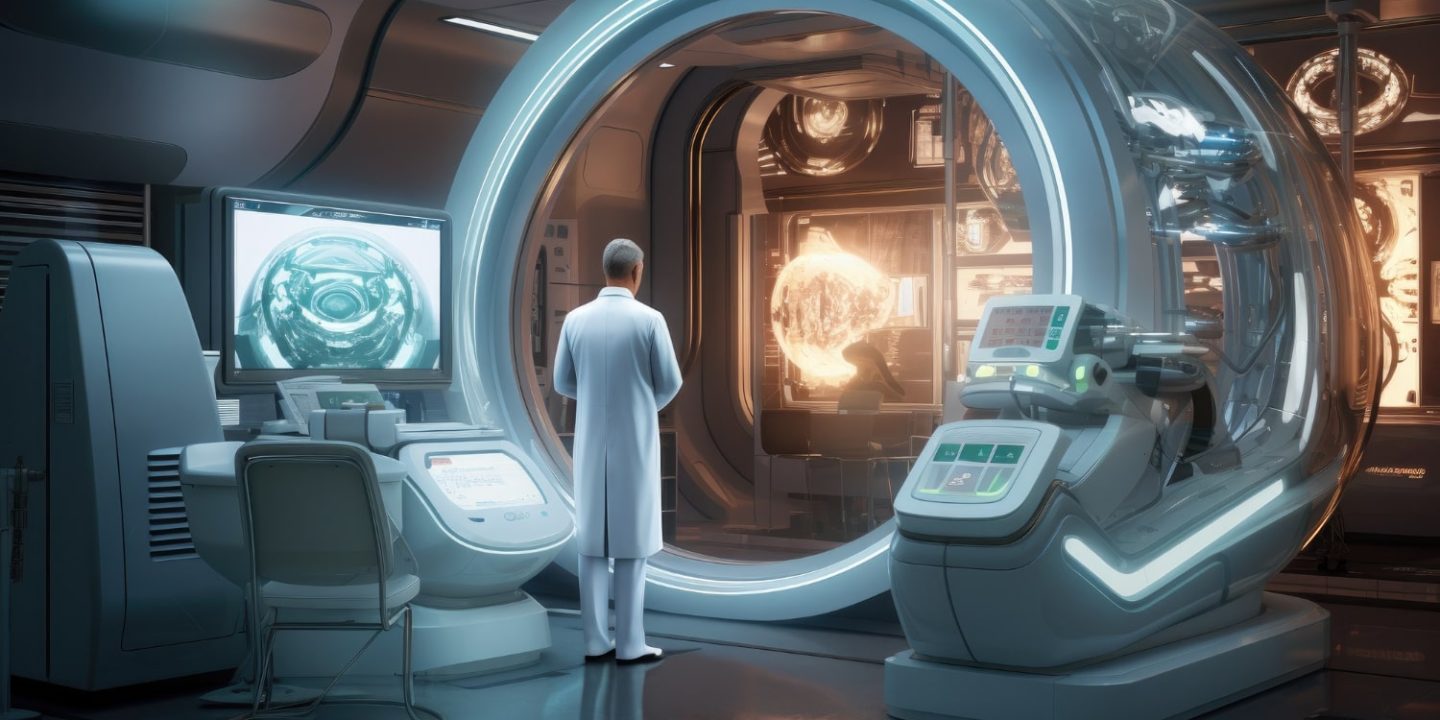- Home
- Technology & AI
- Astropos Health Creates Agenti ...

Agentic artificial intelligence dominated discussions at the HLTH 2025 conference in Las Vegas, where Brigham Hyde voiced optimism about its potential to transform healthcare.
Hyde’s company, Atropos Health, is working to bridge gaps in medical evidence by drawing insights from clinical data to deliver real-time, data-backed guidance at the point of treatment. During the event, Atropos launched Evidence Agent, an autonomous AI system that produces tailored analyses from care data and embeds them directly into hospital software and physician routines.
Stanford Health Care has already implemented Evidence Agent, which operates alongside the health system’s ChatEHR – an AI assistant that converts medical records into plain language – and Microsoft’s Dragon Copilot.
Atropos’ Evidence Agent draws directly on individual patient files and contextual details, such as the visit’s underlying reason, by tapping into ChatEHR and ambient data captured through Microsoft’s Dragon Copilot. With this information, the system autonomously produces case-specific analytical insights that serve as supporting documentation for therapy selection and other clinical judgments, eliminating the need for physicians to manually request data, the company explained.
The AI-generated evidence is then embedded within the electronic record environment, enabling doctors to review and apply findings without exiting their existing interface, ultimately reducing time spent switching between systems and preserving a continuous care workflow.
In a statement, Michael Pfeffer, Stanford Medicine’s chief information and digital officer, said that applying agentic AI to integrate real-world evidence into clinical workflows with individualized insights will allow clinicians to respond to patients’ needs more quickly and accurately. He added that this demonstrates how tools like ambient AI, ChatEHR, and agentic AI are being used to enhance the experience for both healthcare providers and patients.
Unlike many digital health platforms that simply condense existing medical studies for use in clinical settings, Atropos Health enables clinicians to not only retrieve established evidence but also create fresh datasets and analyses on demand. In 2023, the company introduced its Geneva operating system alongside a chat-driven interface designed to rapidly produce large-scale observational research. This system, known as ChatRWD, allows users to transform the generation of high-quality, publication-ready evidence from a process that once took months into one that can be completed within minutes, powered by an AI conversational co-pilot.
Through Atropos, physicians and researchers gain access to more than 100,000 original studies, offering insights into clinical questions not yet covered by published literature, Hyde noted. Recently, the firm also revealed plans to open its platform to U.S. clinicians at no cost, providing complimentary access under a limited trial program.
Founded in 2020 as a spinout of Stanford University’s Green Button initiative, Atropos Health originated as a service that allowed clinicians to request data-backed consults built on peer-reviewed, publication-quality real-world analyses to support medical decision-making.
Stanford Health Care has collaborated with the company to embed real-world data insights directly into doctors’ daily practice and patient documentation, leveraging ambient artificial intelligence tools and the hospital’s electronic record system to streamline usage.







